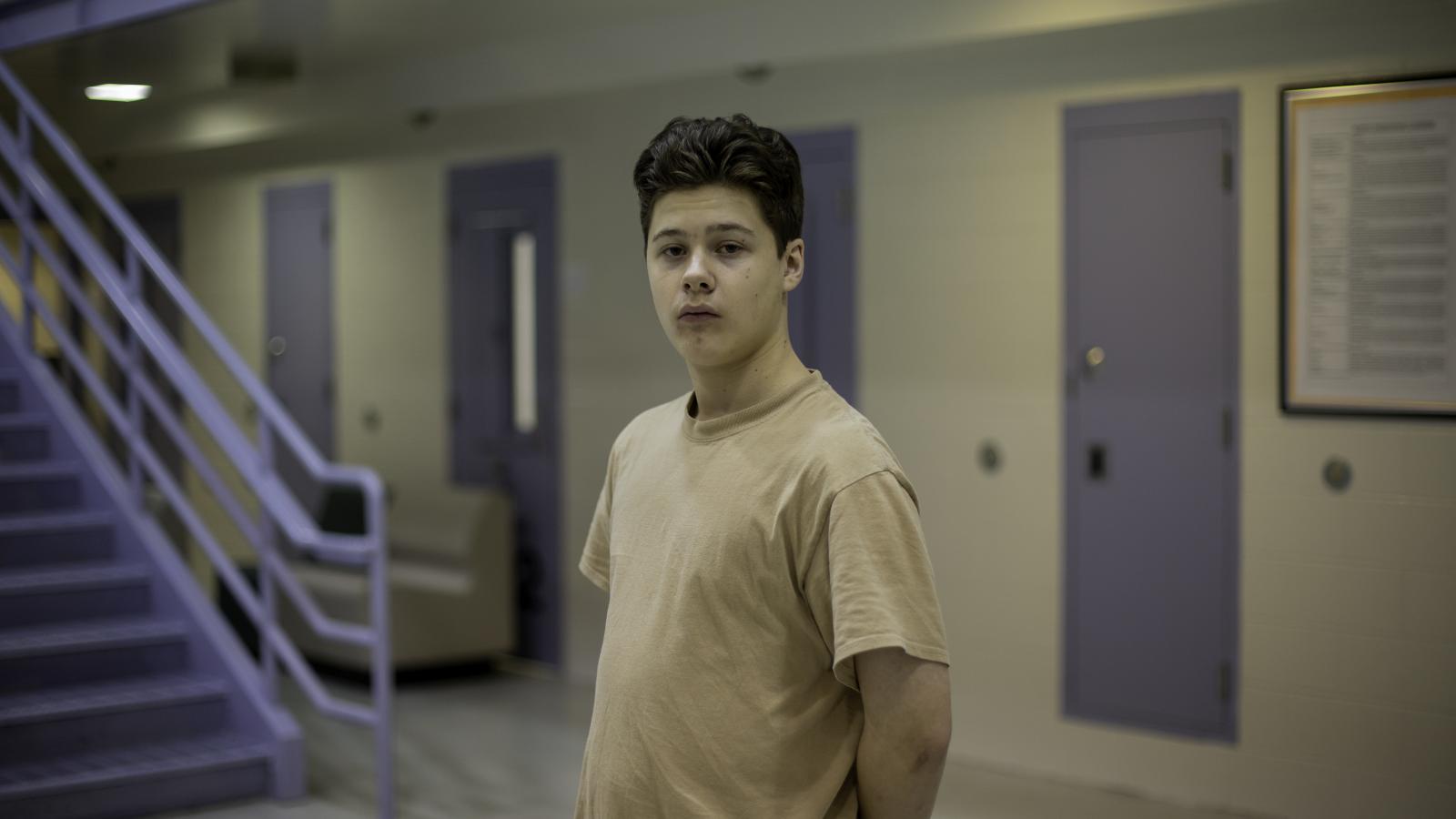
Lost by Design How Well-Meaning Systems Fail Kids
Millions of young people in the U.S. face enormous challenges to living long, happy, and healthy lives. When young people experience those life events that disrupt their education pathways — like homelessness, incarceration, or a placement in foster care — they often struggle to meet the demands of the very systems that are supposed to help.
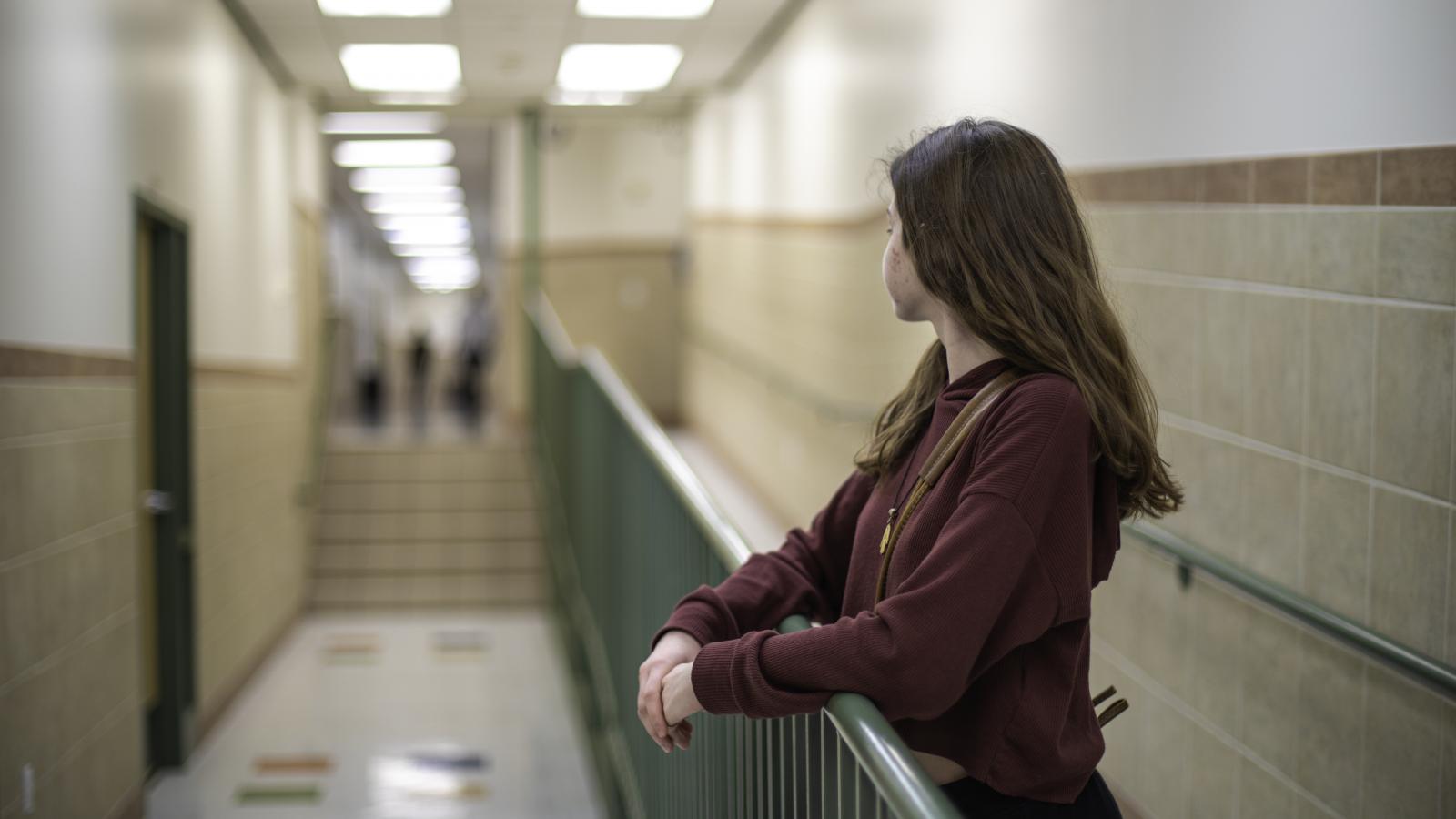

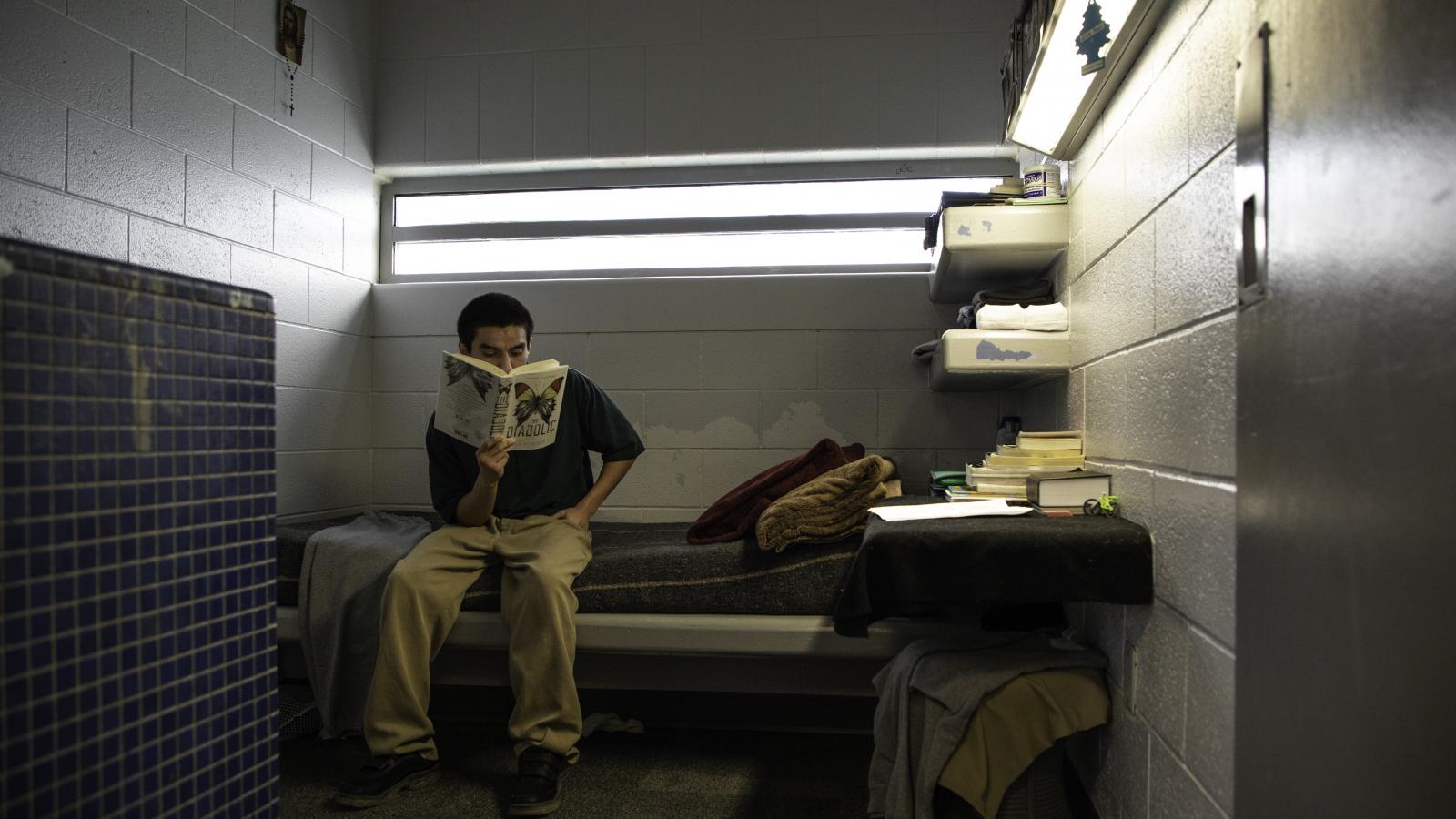
Young people experiencing disruptions can find themselves lost in an impossible tangle of well-meaning adults operating within systems that don’t work well together. This is even worse when a young person experiences more than one disruption, often at the same time.
We call that fragmentation.
Since 2015, Bellwether Education Partners, a national nonprofit organization, has examined how schools can better serve these young people and their families — regardless of life challenges.
A key finding? The design of our current systems fails kids.
To move forward, we need more coherent systems and less fragmentation. Lost by Design shares ways to tackle this critical, but solvable, problem. Here, you’ll meet young people and their families, read about promising progress across the country, access research and resources, and learn more about Bellwether’s approach.
In Their Own Words
Young people experiencing disruptions to their education are responsible for navigating a complicated web of adults to get the support and services they need. The lack of coordination, communication, and coherence among care agencies can lead to services and support being duplicated or not given at all. This absence of streamlined services between care agencies is called fragmentation.
Lost in the System
When I was young, I didn’t really have much family to rely on, and when people at school acted like they cared, I told myself they didn’t because it was better to move on by myself than to try to build a relationship so it can fail.
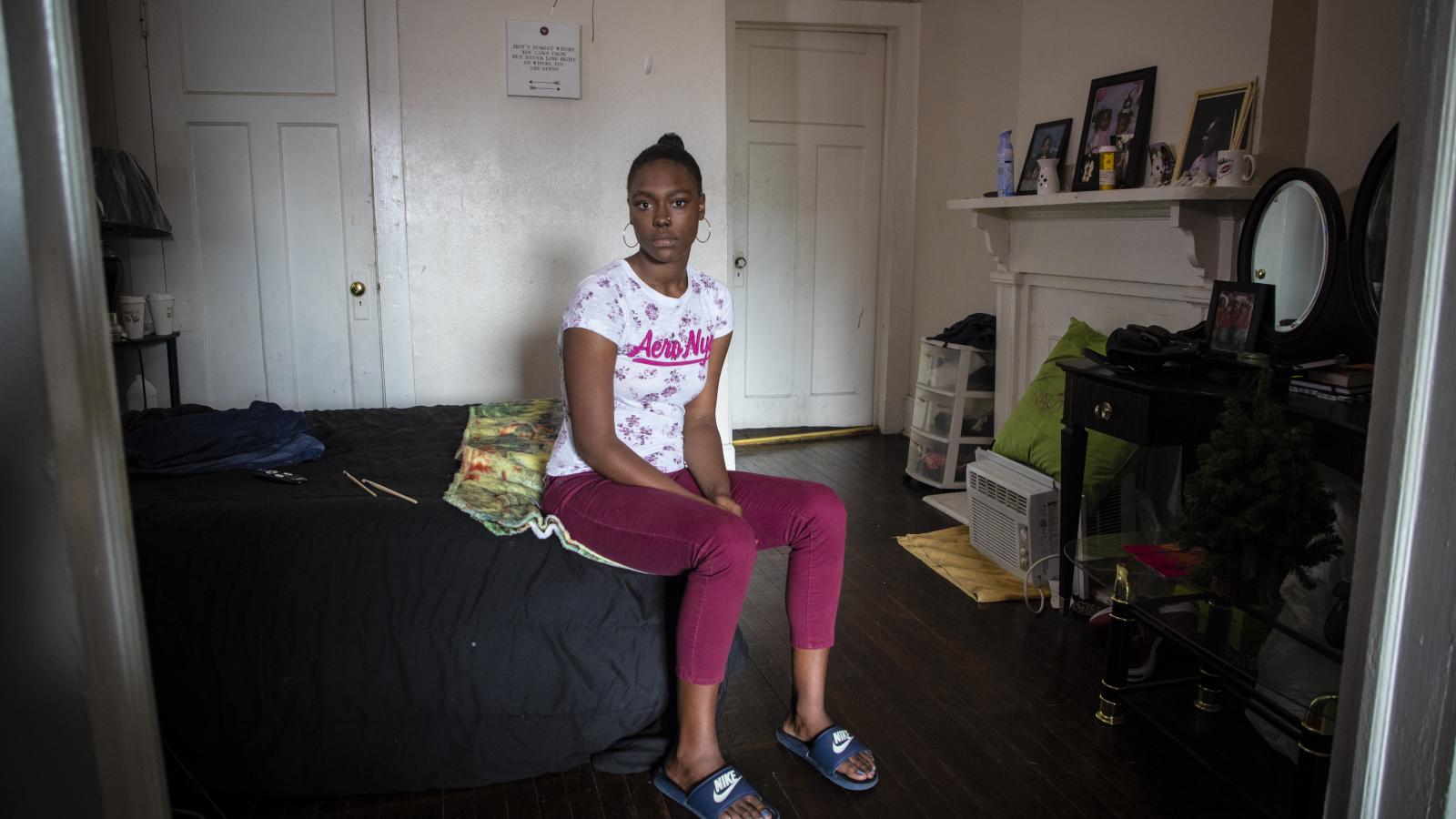

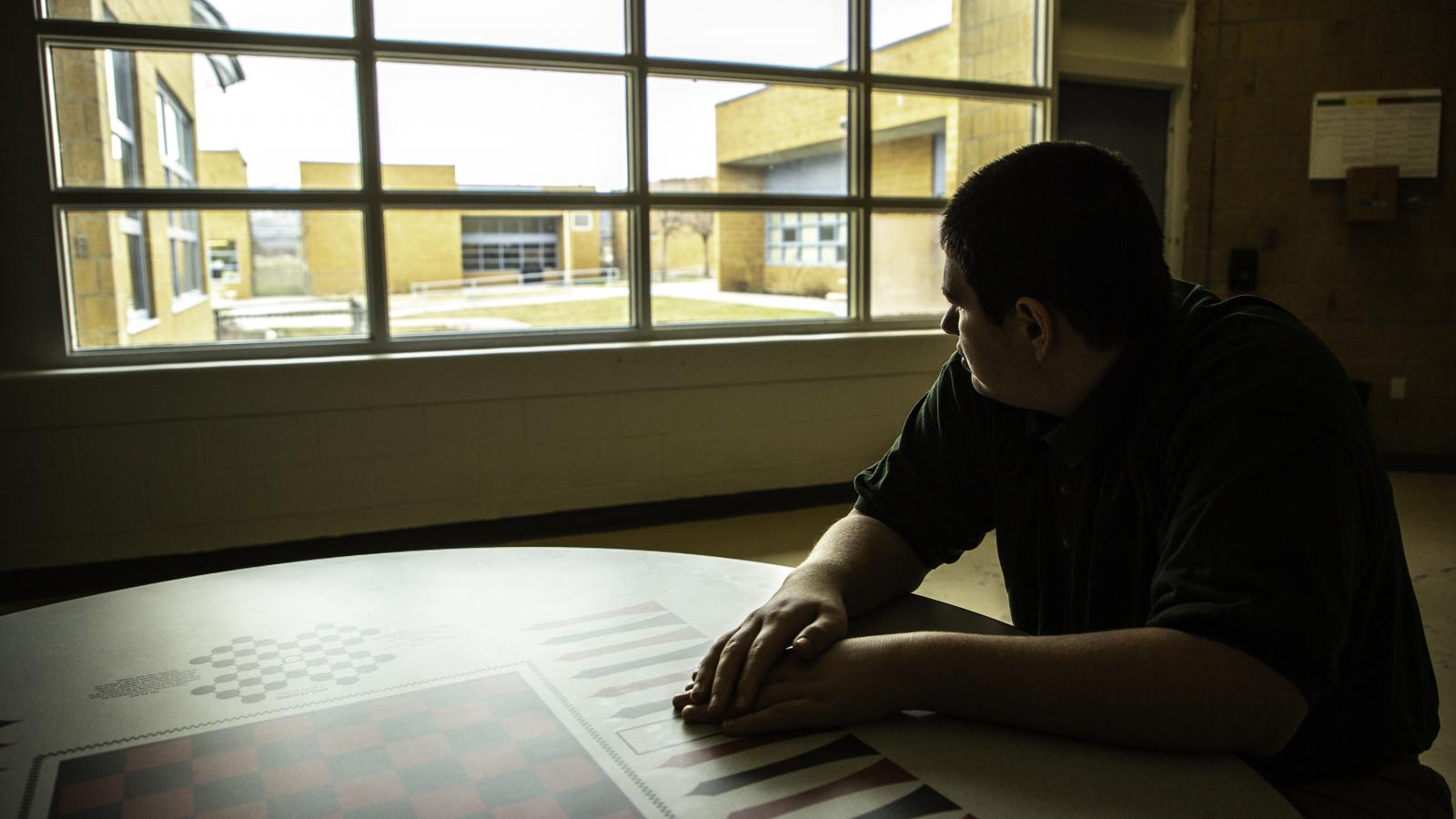

Someone typed up my paperwork wrong and they couldn’t find the original paperwork. So it was like I just didn’t exist at the school for two years and I basically didn’t count. They said there was nothing we could do.
Four Communities That Took on the Challenge
Bellwether’s work in four communities across the country is grounded in building more coherent systems that better serve young people and their families. Our work began by bringing leaders together across school districts, health departments, juvenile courts, homeless shelters, and other organizations.
 Nashville, Tennessee
Nashville, Tennessee
Nashville offers many supportive services for young people and their families, but learning about what’s available and accessing the right program at the right time is a big challenge. As a result, young people in the city have unmet needs.
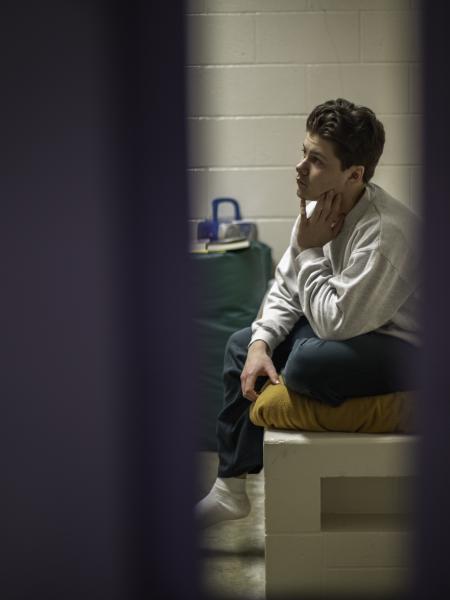 El Dorado County, California
El Dorado County, California
El Dorado County has many high-quality services and is a tightly knit community. But vulnerable young people and their families still struggle to thrive because public agencies and community-based organizations (including courts, public safety agencies, behavioral health providers, and homelessness coordinators) lack the tools that they need to communicate and coordinate with one another.
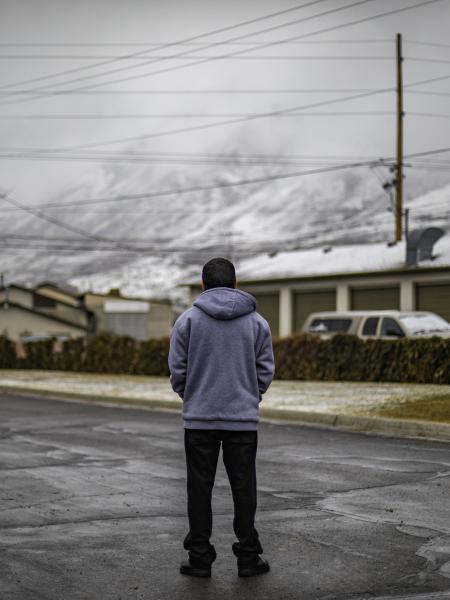 Utah
Utah
With little formal collaboration or communication between the systems that serve young people, Utah’s leaders face challenges in providing equitable and high-quality statewide services. Without a systematic way to coordinate or hold service providers accountable, and a wide variance in the type, intensity, and quality of interventions offered, young people don’t always get the support that they need.
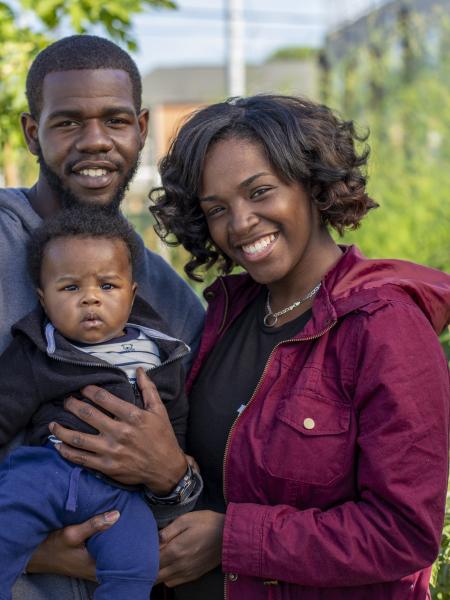 New Orleans, Louisiana
New Orleans, Louisiana
The New Orleans poverty rate is twice the national average and many students struggle to succeed in school because of significant barriers to accessing basic social services. Because of the city’s decentralized education system, schools vary in their capacity to support students and can resort to exclusionary disciplinary practices that lead young people to further disengage from school, up to and including expulsion.
I didn't go to school for seventh grade because we were homeless. We've been homeless as long as I can remember, and when I got to eighth grade, I went but I was ditching a lot because I was depressed and didn't want to go, so I missed that, too. Ninth grade, I got put in a group home because my mom was doing drugs and so was I, so I went to school there. Then I ran away. But now I'm back in another group home and I'm finally in a school I really like.